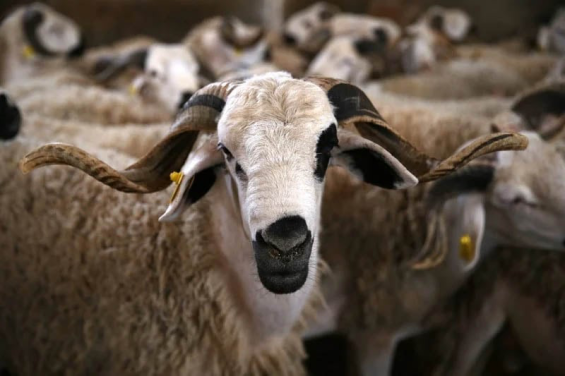In response to a concerning decline in the national livestock population, the Moroccan government has introduced strict measures to protect livestock farming and ensure food security. Among these measures is the ban on ewe slaughter in approved slaughterhouses, in effect since March 2025, along with plans to introduce a bill to regulate the sector.
Since 2016, the sheep and goat population has declined by 38% due to recurring droughts. According to Agriculture Minister Ahmed El Bouari, this situation has necessitated urgent action, including extending the slaughter ban to non-approved slaughterhouses to better safeguard livestock.
At the same time, the government has implemented economic measures to stabilize the meat market, including:
- Suspending customs duties on livestock imports,
- Exempting VAT on the import of cattle, sheep, goats, and red meat.
- These measures have boosted imports and helped curb rising meat prices at the start of 2025.
To modernize the livestock sector, the government is preparing new legislation focused on:
- Artificial insemination and genetic improvement,
- Animal traceability,
- Protection of breeding females,
- Regulation of farming practices.
In response to seven consecutive years of drought, the State has launched a 16-point support plan, including:
- Providing 15 to 18 million quintals of fodder,
- Strengthening veterinary care,
- A solidarity program to assist breeders in vulnerable areas.
Additionally, a rural youth support plan aims to encourage investment in livestock farming through financial incentives from the Agricultural Development Fund and the expansion of agricultural insurance to 2.5 million hectares.
These initiatives reflect the government’s commitment to sustainably restructuring the livestock sector to address climate and economic challenges.





 chargement...
chargement...













